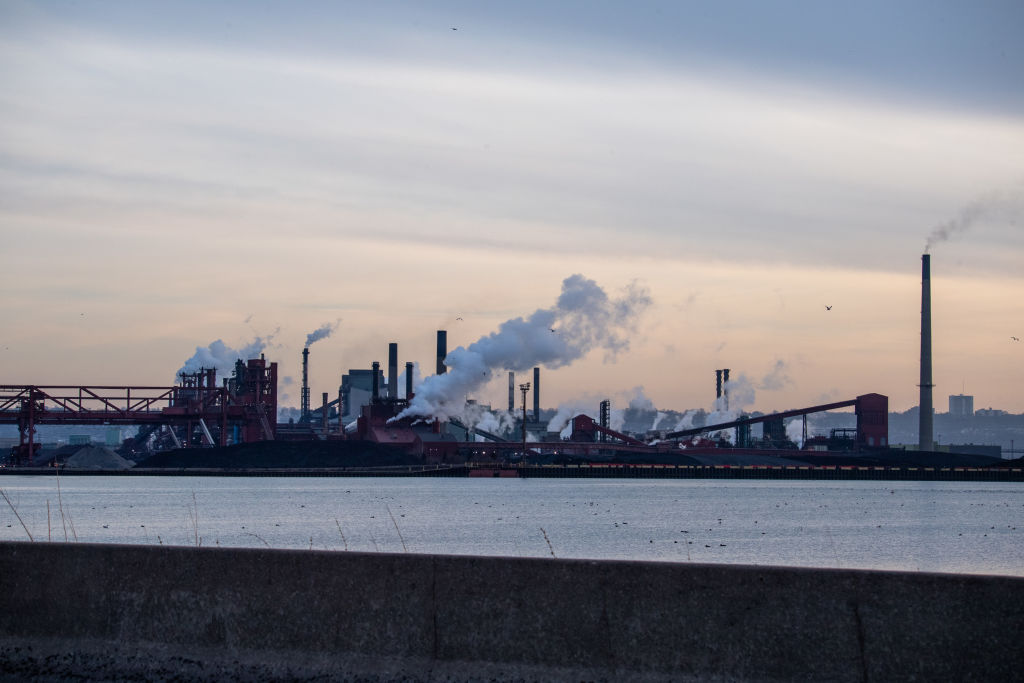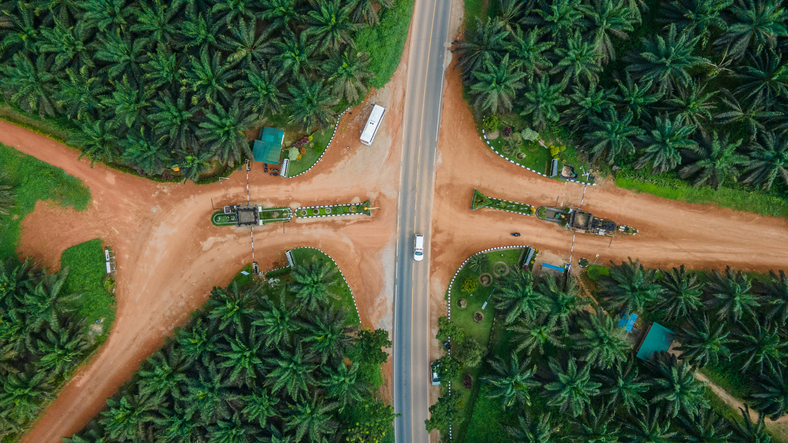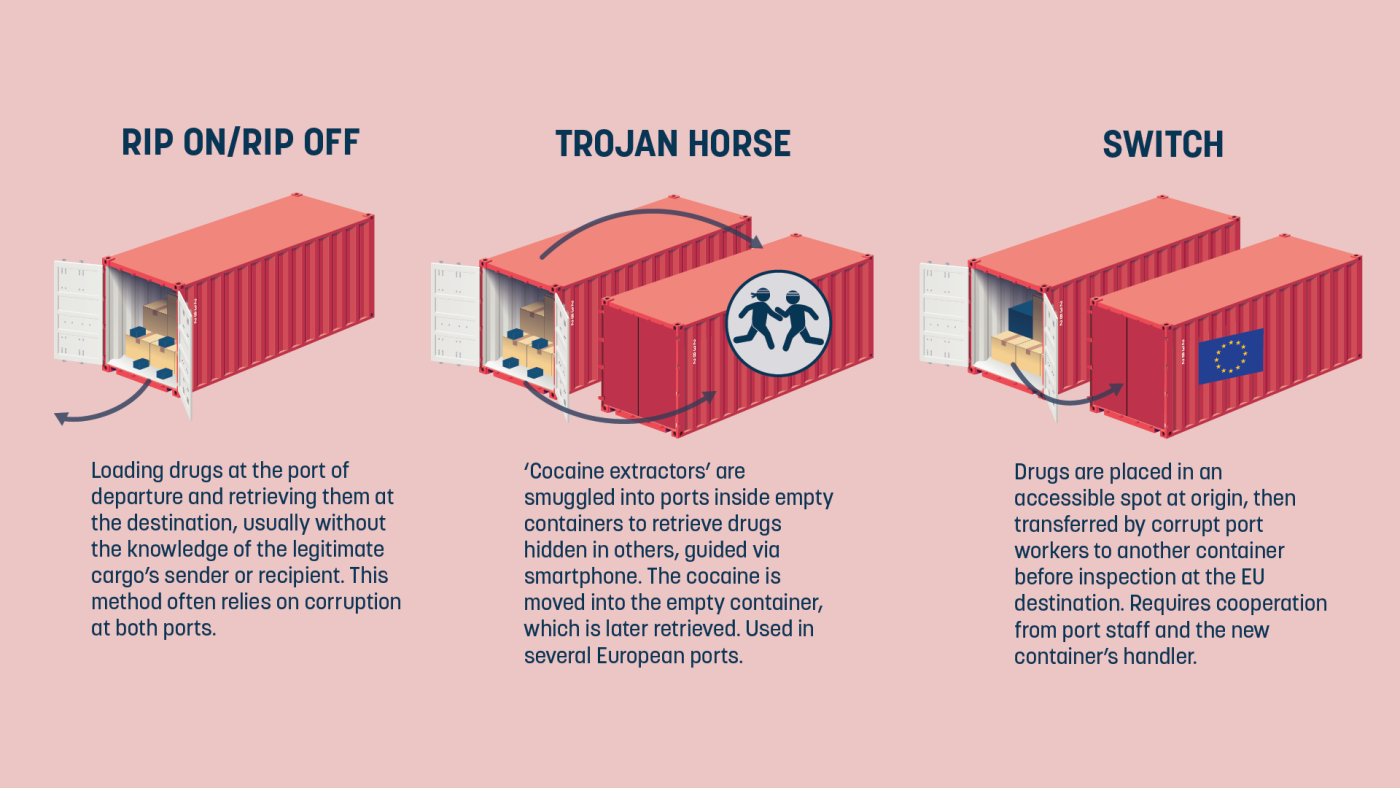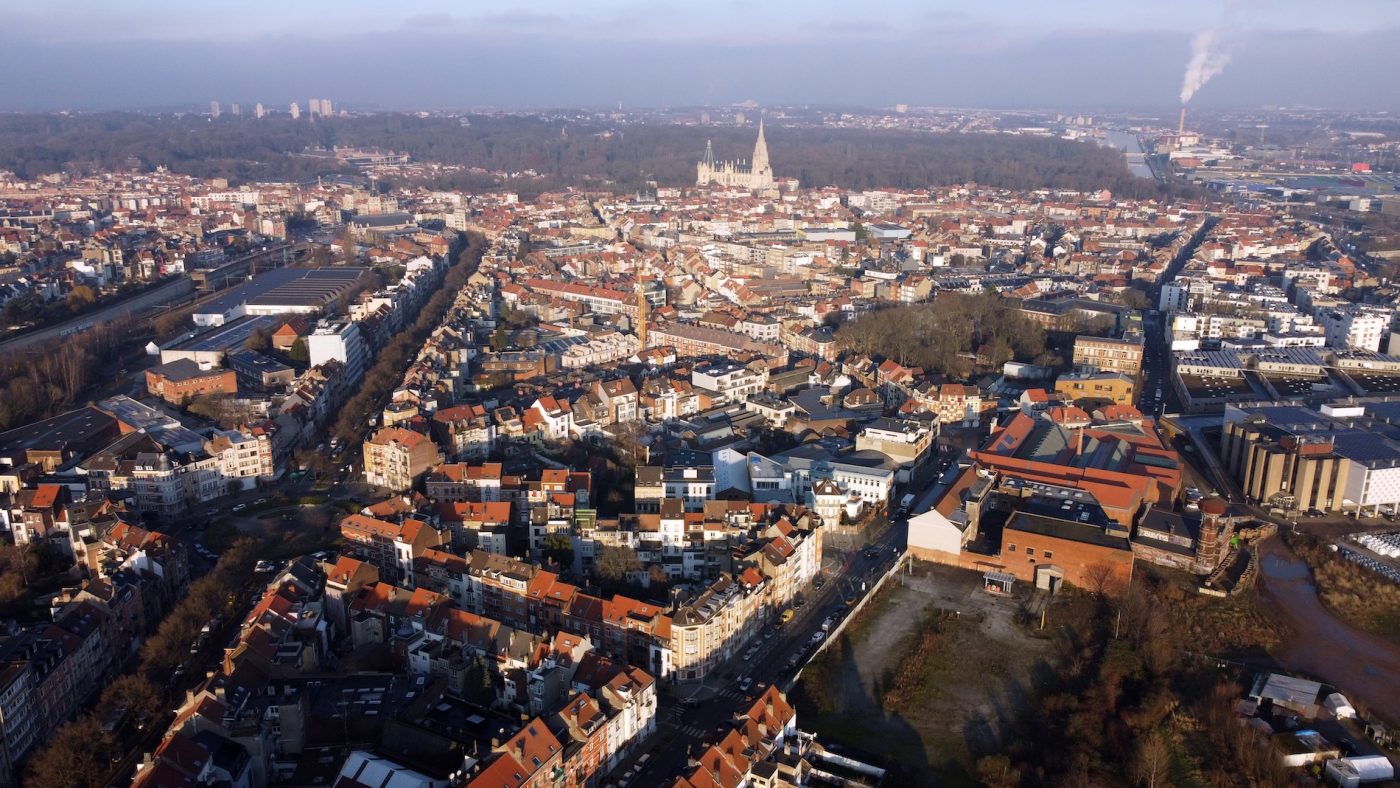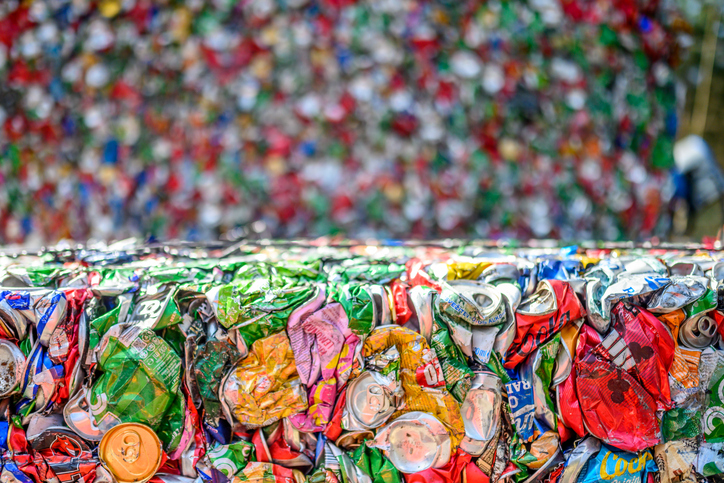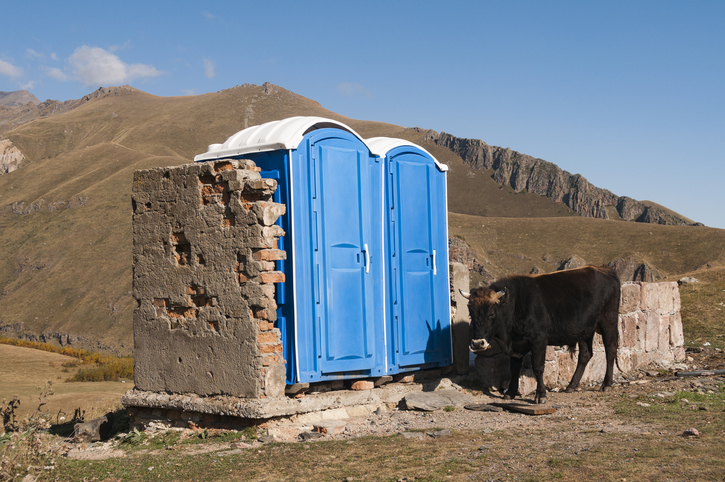World Cleanup Day signals rising public demand for ocean action
Belgium’s Oostende’s shoreline to mark World Cleanup Day with civic beach action

On 20 September, the North Sea breeze crossing Belgium’s Oostende’s shoreline will bear witness to residents, students and families scouring the sand, gloves on, and bags in hand, to mark World Cleanup Day.
This annual effort is about far more than just tidying a stretch of coast. It is a statement of civic responsibility and a signal to decision-makers that safeguarding the ocean begins with citizens.
Our coasts face a steady tide of plastic. Discarded bottles, cigarette ends and fishing gear fragment into microplastics, choking marine life and damaging ecosystems that sustain tourism, fishing and local identity.
The stakes for our ocean
The figures are stark. An estimated 75-199 million tonnes of plastic is currently adrift in the world’s seas, and microplastics found in around 60 per cent of fish consumed globally have been linked to health risks.
With 70 per cent of the planet covered by water, more than three billion people depend on the ocean for food, energy and livelihoods.
If action is delayed, there could be more plastic than fish in the ocean by 2050. This projection, from the Ellen MacArthur Foundation, warns that at the current rate of use and growth, plastic in the ocean could exceed 600 million tonnes.
Shifting mindsets
Beaches are the frontline of wider ocean health. Each item removed on World Cleanup Day prevents countless fragments from entering the food chain and reinforces the idea that waste is everyone’s problem.
Time spent collecting litter delivers tangible results. Volunteers see an immediate difference as sand turns visibly cleaner, but the gains run deeper: these initiatives forge networks, raise awareness and demonstrate that individual action counts.
Such moments reshape attitudes. Once you have dragged a discarded item from the surf, the stakes of environmental policy feel far less abstract. By confronting the problem directly, its urgency becomes clear.
Power beyond the beach
Cleanup days are not an endpoint; they are an entry point. By taking part, residents demonstrate a collective demand for better waste management, stricter single-use plastic rules and investment in circular economies.
When citizens act together on a single day, they provide visible evidence that environmental priorities are not fringe concerns. Policymakers track such engagement, and sustained participation gives weight to petitions, budget proposals and legislation.
This civic momentum dovetails with European initiatives such as the #MakeEUBlue campaign, which invites individuals, communities and businesses to pledge actions that align with the EU’s Mission to Restore Our Ocean and Waters.
Lasting change
On Saturday 20 September, Oostende will host a large community beach clean-up as part of World Cleanup Day.
The action is linked to the EU-wide #MakeEUBlue campaign, which unites citizens across Europe to demand cleaner waters, healthier marine life and tougher measures on plastic pollution.
By taking part, residents and visitors alike are not only removing waste from the North Sea shoreline but also joining a continent-wide call for stronger ocean protection, including a petition urging leaders at every level to step up for Europe’s blue planet.
Building knowledge
This year, citizen action will also unfold against the backdrop of the European Marine Science Educators Association (EMSEA) Annual Conference, taking place in Oostende on 17-19 September 2025.
The gathering will bring together educators, scientists and policy experts from across Europe to explore innovative ways of connecting people with the ocean.
For cleanup volunteers, the event offers a chance to engage with new ideas on marine literacy, exchange best practice with other coastal communities, and build networks that can turn a single morning’s effort into year-round advocacy.
Call to action
Beach cleanups alone will not end ocean pollution. However, they remind us that environmental stewardship is not the sole preserve of governments or multinationals. Every bottle lifted from the sand is one less hazard to marine life.
That is why every citizen who shows up on 20 September strengthens the case for ambitious regulation, when people demonstrate that clean seas matter, elected representatives are pressed to respond.
Politicians rarely move on words alone, but sustained, visible civic engagement can change the political weather. A morning’s work on the shoreline can ignite cultural change, policy debate and enduring care for the ocean.
(BM)

